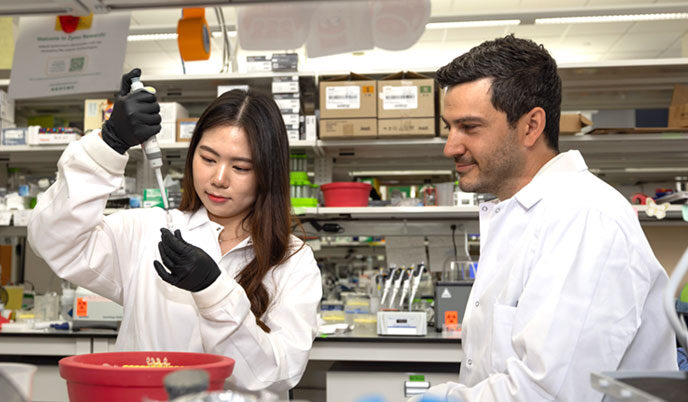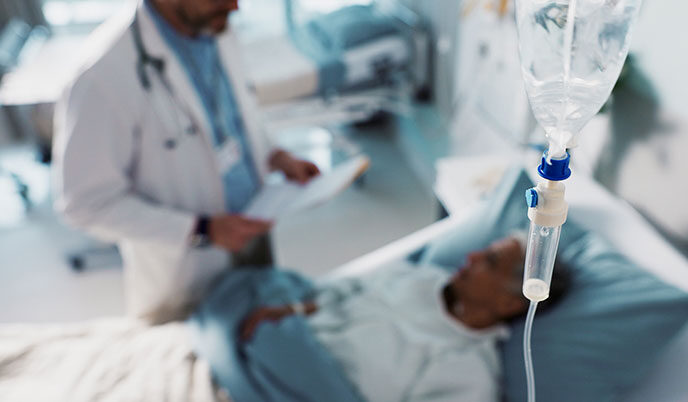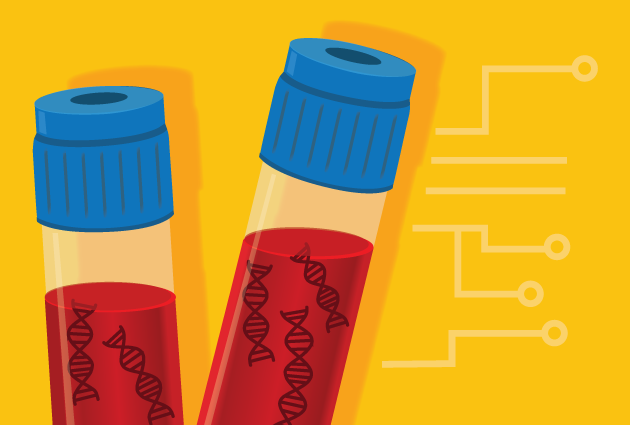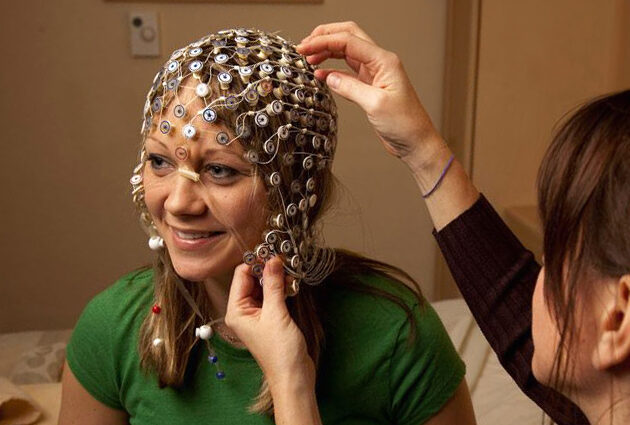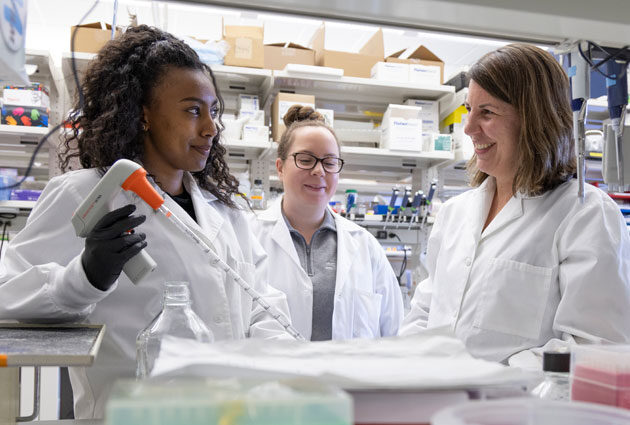How cells rust to death with age
In the same way that sheet music shows musicians what to play, DNA shows the body how to function. But what if a violinist’s pages got jumbled out of order, or the melodies marked mute? The instructions would still be there, but they wouldn’t make sense to the player.

